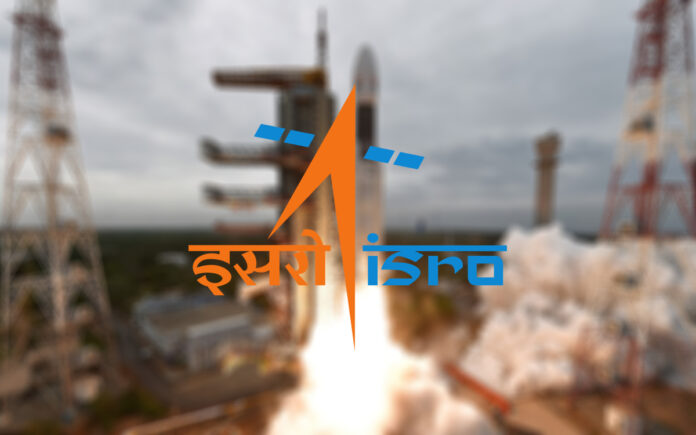New Delhi: India’s ambitious space exploration goals are on the verge of becoming a reality, as the Indian Space Research Organisation (ISRO) gears up to launch the first test flight of its human-rated rocket for the Gaganyaan mission in December 2024. Following the successful deployment of India’s Earth Observation Satellite-08 (EOS-08), ISRO Chairman Dr. S. Somanath revealed key updates on the Gaganyaan mission.
“The Gaganyaan rocket’s three stages have come to Satish Dhawan Space Centre. The integration of the crew module is happening at VSSC (Vikram Sarabhai Space Centre, Thiruvananthapuram),” Dr. Somanath confirmed, highlighting that all systems for the mission, codenamed G1, are expected to be in place by November.
The Gaganyaan mission marks a significant leap forward in India’s space ambitions, aiming to send Indian astronauts into space for the first time. Dr. Somanath added that ISRO is targeting a December launch for the rocket’s test flight.
In addition to the Gaganyaan update, ISRO achieved another milestone on Friday with the successful launch of its new Small Satellite Launch Vehicle (SSLV). The SSLV carried two satellites—EOS-08 and SR-0, the latter developed by space start-up Space Rickshaw—into orbit with precision, marking the third and final development flight for the SSLV program.
Dr. Somanath declared the development phase of the SSLV program complete, signaling the start of technology transfer to the private sector. “We can declare the process of SSLV development has been completed. We are in the process of transferring the SSLV technology to the industries,” he stated.
Also Read | Nine Killed in Israeli Airstrike in Southern Lebanon Amid Fears of Wider Conflict
The SSLV, which has a payload capacity of 500 kg and runs on solid fuel, has been designed with simplicity in mind to facilitate production by industry. ISRO plans to not only transfer the technology to commercial entities but also provide hands-on training on rocket construction.
“We will transfer the knowledge and not just the drawings. The industry people will come to ISRO to learn how to build rockets,” Dr. Somanath explained.
Also Read | Wildfires Threaten Turkey’s West and North as Strong Winds Fan the Flames
In 2023, the Indian National Space Promotion and Authorization Centre (IN-SPACe), the regulator for private participation in the Indian space sector, announced ISRO’s decision to hand over SSLV technology to private companies. The selection process for identifying the industry or consortium of industries is currently underway.
According to Dr. Somanath, it will take approximately two years for the selected private entity to produce and roll out two SSLVs. In the meantime, public sector entity NewSpace India Ltd will fund the SSLV’s production.



